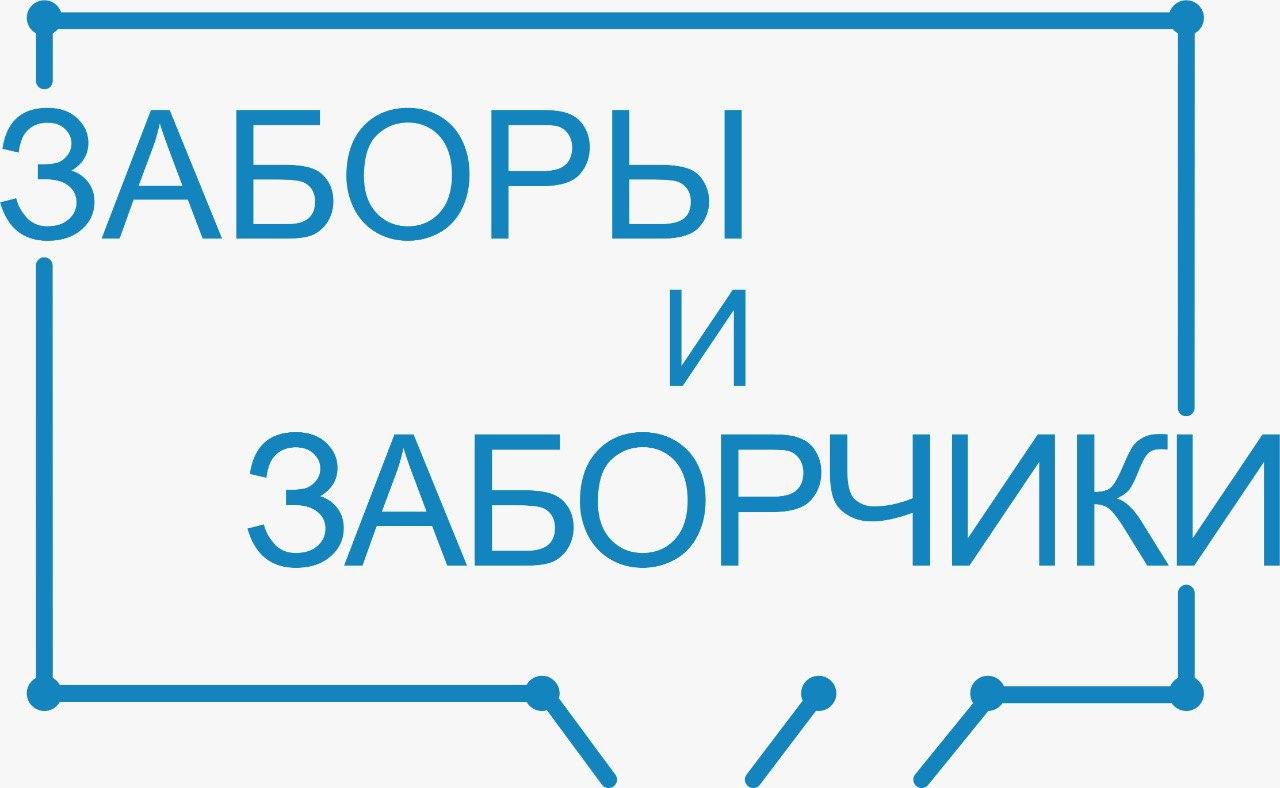A successful board meeting is an essential component of good governance, since it offers the opportunity for thoughtful discussion and decision-making that can propel your company forward. When the meeting is about discussing strategic goals, discussing program successes and challenges, or discussing important legal matters, it is essential to conduct an extensive and lively discussion. Board meetings that are efficient and effective will be well-planned and include timely distribution of materials as well as a thorough and informative agenda, and clear communication of the process of decision-making.
1. Make sure that the agenda for the meeting is sent to all participants prior to the meeting and is easily accessible.
It is impossible for a board to hold a successful board meeting if participants are searching for crucial materials as they are being discussed or, even more important, if the material is not made available in advance. This is easily avoidable by disseminating the agenda and all the necessary materials at minimum 3-4 days prior to the date of the meeting.
2. Begin the meeting on time.
It is important to start the board meeting promptly. Board members are more engaged if they show up prepared. You can achieve this by making sure all relevant material is on the agenda and by restricting discussion topics to those that are essential to the meeting. It might be beneficial to hold the meeting at a different place, such as an event site or a breakfast event. This will create an entirely new setting and encourage new ideas.
